As the new year begins, many of us resolve to adopt healthier habits—exercising more, eating better, maintaining order, praying regularly, reading the Bible daily, managing finances wisely, and actively participating in church and community activities. These resolutions are often driven by a desire to overcome a persistent adversary: laziness. But what does the Bible teach us about laziness, and how can we apply these teachings to our investment strategies?
Laziness in the Bible is not merely about physical inactivity but also spiritual lethargy. It's a state that obstructs our relationship with God and our fulfillment of His purpose for us. While laziness isn't explicitly labeled as a sin, living a lazy lifestyle contradicts the biblical principles of diligence, stewardship, and responsibility. Laziness reflects a deeper issue of selfishness and neglect of duty, affecting our practical lives, spiritual health, and ability to live out God's plan.
Investing and Overcoming Laziness
Understanding and applying biblical principles can profoundly impact your investment strategies and outcomes. Here are some fundamental biblical principles to consider:
Diligence and Hard Work
Just as diligence in personal and spiritual life leads to prosperity, the same principle applies to investing. Thorough research, continuous learning, and strategic planning are essential. Proverbs 21:5 teaches, "The plans of the diligent lead surely to plenty." In the investment world, this means taking the time to understand market trends, analyzing potential risks, and making informed decisions.
Stewardship
Recognize that the resources you manage are ultimately God's. Stewardship involves making wise and ethical investment decisions and avoiding shortcuts compromising integrity. Proverbs 13:11 states, "Wealth gained hastily will dwindle, but whoever gathers little by little will increase it." Long-term, steady growth is more sustainable and reliable than quick, speculative gains.
Long-Term Vision
Successful investing often requires patience and a long-term perspective. Ecclesiastes 11:1 advises, "Cast your bread upon the waters, for you will find it after many days," emphasizing the benefits of persistent and patient investment. This principle encourages investors to think beyond immediate returns and focus on long-term sustainable growth.
Diversification
Spreading investments across different assets can reduce risk, a principle hinted at in Ecclesiastes 11:2, "Give a portion to seven, or even to eight, for you know not what disaster may happen on earth." Diversification helps protect your portfolio from significant losses and ensures more stable returns.
Generosity
Use the wealth you accumulate to bless others, reflecting God's generosity. 1 Timothy 6:18 encourages the rich to "do good, to be rich in good works, to be generous and ready to share." Philanthropy and responsible investing can positively impact society while also fulfilling your spiritual obligations.
Applying These Principles to Your Investments
At Limitless Capital Management, we believe that applying these biblical principles can lead to more successful and fulfilling investment outcomes. Here's how you can integrate these principles into your investment strategy:
Research and Planning: Dedicate time to understand the companies and assets you invest in. Stay informed about market trends and economic indicators.
Ethical Investing: Choose investments that align with your values and contribute to the greater good. Avoid investments in industries or companies that engage in unethical practices.
Patience and Persistence: Focus on long-term growth rather than short-term gains. Be patient and allow your investments to mature over time.
Portfolio Diversification: To mitigate risk, spread your investments across various asset classes and sectors.
Generous Living: Consider how your investments can benefit others. Support socially responsible companies and allocate some of your returns to charitable causes.
Conclusion
Our efforts are not in vain. God sees and rewards our labor (Hebrews 6:10). As we persevere in doing good, we reap a harvest in due time (Galatians 6:9-10). Whatever we do, we work for the Lord, knowing that our ultimate reward comes from Him (Colossians 3:23-24). Even in eternity, our service to God will continue, free from the curse of sin and laziness (Revelation 22:3). Until then, we stand firm, giving ourselves entirely to the work of the Lord, confident that our labor is not in vain (1 Corinthians 15:58). We can grow spiritually and financially by overcoming laziness and aligning our investment actions with God's calling. Embrace these biblical principles as you navigate the investment world, and experience their profound impact on your financial journey and spiritual well-being.



